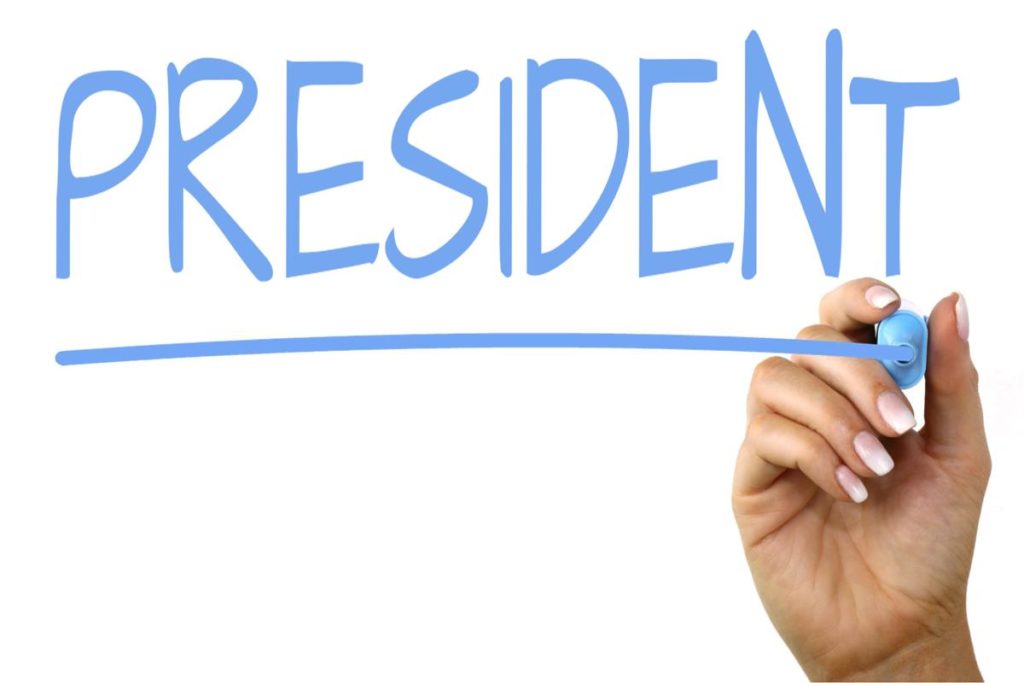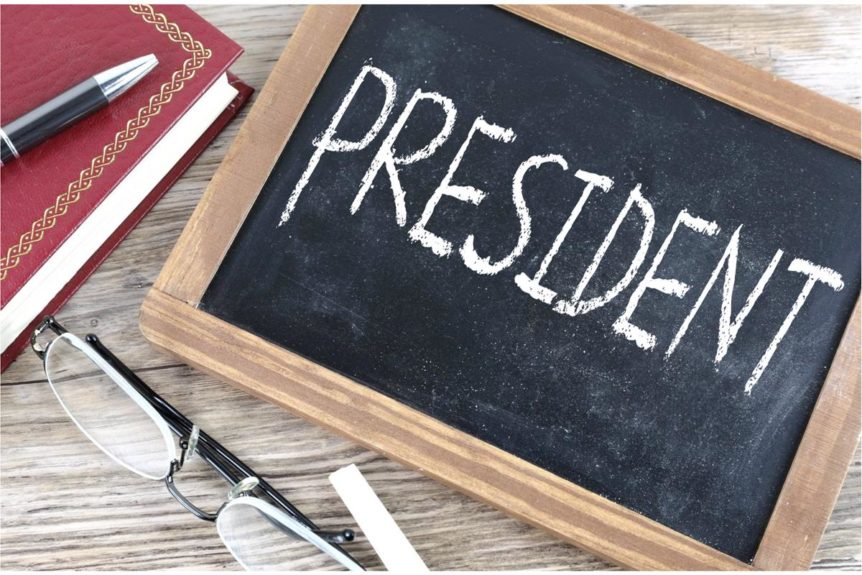A pardon is a government decision that allows an individual to be exempt from the legal consequences resulting from a criminal conviction. The power to grant a pardon, which is an inherent right of the people, is vested in whomever they choose.
State constitutions usually stipulate where that pardoning power lies. The pardoning power for a federal crime, on the other hand, is vested in the President of the United States.
We’ve already seen Trump grant presidential pardons to several of his closest associates and allies. From Joe Arpaio, the former Maricopa County Sheriff, to Michael Flynn, his former National Security Adviser, they all pretty much received a free federal get-out-of-jail card.
The real clemency issue is – Can a president pardon himself before he leaves office? The answer to this might surprise you. Here’s everything you need to know.
What Is a Presidential Pardon
According to the US Constitution, “The President… shall have the power to grant Reprieves and Pardons for Offences against the United States, except in Cases of Impeachment.” (US Const. art. II, § 2, cl. 1).
This essentially grants the President broad powers to pardon, with very few limitations. However, it’s important to note that this power only extends to individuals charged with federal crimes and not state offenses.
Therefore, a state prosecutor still has the power to file state criminal charges against a sitting president or anyone else receiving a presidential pardon. Trump’s business dealings in the state of New York are already the subject of an investigation by Manhattan District Attorney Cyrus Vance Jr.
Preemptive Pardon
There is a precedent for presidential pardons to be used preemptively. This was seen when President Gerald Ford granted a presidential pardon to Richard Nixon in 1974 after his resignation.
This was to exempt him from facing criminal charges for acts he allegedly committed in the infamous Watergate scandal between January 1969 and August 1974. Ford did this preemptively even though Nixon had no formal charges leveled against him.
Nonetheless, it’s important to understand exactly how preemptive pardons work. These only extend to past criminal acts and not those yet to be committed. The official document that grants the pardon usually identifies the specific offense(s) being exempted in a specific past time frame.
Can a President Pardon Anyone
Pardons are viewed as an expression of the President’s forgiveness, leniency, or act of grace. It is typically granted in recognition that the applicant has accepted full responsibility for the crime they committed and has established good conduct while incarcerated for a significant period after their conviction.
However, that is not to say the President can’t grant pardons for purely political reasons. Some of the Trump presidential pardons witnessed during his tenure in office are not the only ones that have historically been granted for personal reasons.
As mentioned before, the US Constitution gives the President broad pardoning powers. This means that he can pardon anyone he deems deserving before they’re formally convicted, during a formal investigation, or even after the individual in question has been convicted of the crime. He can even pardon a family member.
One of the most famous family presidential pardons happened in 2001 when former President Bill Clinton used his pardoning powers to exempt his half-brother from a cocaine possession and distribution conviction that had occurred several years earlier.

Can a President Pardon State Crimes
A presidential pardon does not extend to state crimes. There are some presidential pardon limits that even he can’t side-step.
His constitutional power to grant pardons is only limited by impeachment. He cannot pardon someone facing impeachment, nor can he undo the penalties resulting from a Senate conviction. He also cannot grant pardon in civil actions and congressional investigations.
The next logical question would be: How many pardons can a president give? The short answer is – there’s no limit.
Nonetheless, Congress may still vote to impeach a president for abusing his constitutionally-granted pardoning power. That is the mechanism designed to hold the president accountable for his decisions.
Can a President Pardon Himself Before He Leaves Office
So far, there hasn’t been anyone in the history of Anglo-American law who has ever tried to pardon themselves for crimes committed during their tenure in office. The idea of a president pardoning himself has never been legally tested, so there hasn’t been any set precedent to indicate that it is constitutionally permissible.
This question arose after sources close to the Trump administration hinted that he was thinking about pardoning himself and others for all offenses related to the recent insurrection at the US Capitol. However, with the constitution’s explicit impeachment exception, it might be possible to strip him of that power to hold him accountable for his role in inciting the insurrectionists.
Congress can use the ongoing impeachment process to intentionally strip the President of his pardoning powers to preempt his attempts to exempt himself and the radicals from the crimes committed at the Hill.
What if he was somehow able to grant a blanket pardon to the rioters? Can a presidential pardon be reversed? No, it cannot. Presidential pardons are irreversible. Neither the courts nor Congress has the power to veto or override them.
Presidential Pardons List
Since he took office in 2017, President Trump has granted clemency to more than 90 people. Some were well-deserving, while others sparked public outrage. Nonetheless, he wouldn’t be the first president to grant pardons marred with controversy.
Here are some of the craziest presidential pardons in history:
- Trump pardoned former New York City commissioner Bernard Kerik who pleaded guilty to charges of fraud and lying to the government
- Obama commuted the charges of Chelsea Manning, a former Army Intelligence analyst who was sentenced to 35 years behind bars for leaking classified information on controversial military activities around the world
- Bill Clinton pardoned his half-brother Roger Clinton who pleaded guilty for cocaine possession and distribution charges in a clear case of nepotism
- Andrew Johnson pardoned every soldier who fought for the Confederacy during the Civil War despite them being traitors to the union
- George Washington pardoned two men who had been sentenced to death for treason after participating in the Whiskey Rebellion of 1794
Get Legal Help
Because of how uncommon pardons are and the fact that the decision-making process for granting clemency isn’t transparent, you need to consult with an experienced attorney to explore your options.
Have a question? Live Chat with one of our legal experts today.
